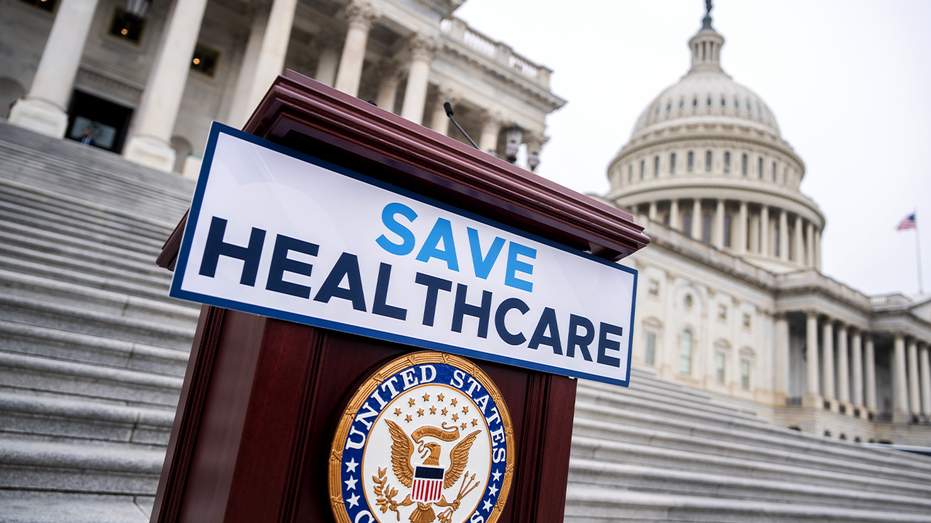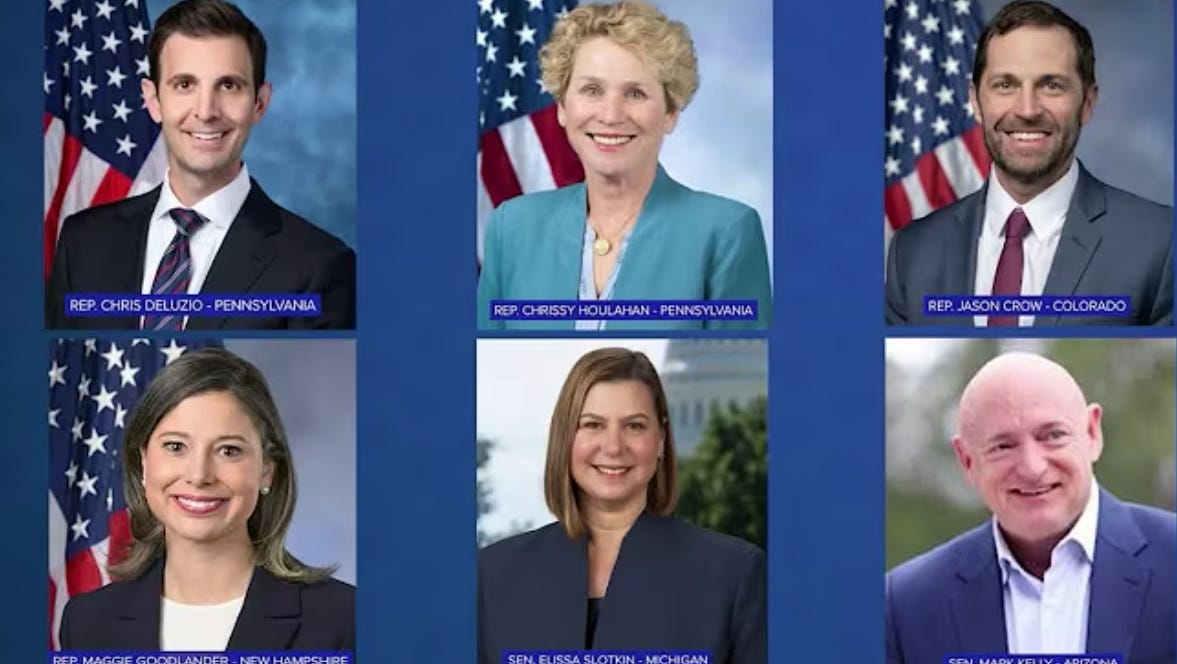A research lab at the University of Minnesota has sparked controversy with a webpage dedicated to what it terms a “Whiteness Pandemic.” The site doesn't focus on biological traits, but rather on a cultural framework it identifies as perpetuating systemic racism.
This “pandemic” is characterized by concepts like colorblindness, passivity, and “White fragility”—described as subtle, yet pervasive expressions of racism deeply ingrained within American society. The lab frames this as a driving force behind the broader epidemic of racism itself.
The core argument centers on the idea that families play a crucial role in transmitting this cultural framework. From birth, children raised within White families are said to be socialized into this “culture of Whiteness,” making the family unit a primary engine of systemic inequality.

The website asserts that virtually everyone raised in the United States has been exposed to this “pandemic,” and therefore has a responsibility to address it. It specifically calls on White individuals to leverage their inherent power and privilege to actively work towards reversing its effects.
The site advocates for a process of “re-education,” urging adults who were themselves socialized within this framework to engage in self-reflection and actively challenge their own biases. This extends to parenting, with a call for “courageous antiracist” caregiving.
The “Whiteness Pandemic” project receives funding from multiple sources within the University of Minnesota, including the Institute of Child Development and the National Institute of Mental Health, as well as internal fellowships.
Concerns about the project’s approach have been raised by parents’ rights groups, who view the framing and recommendations as divisive and potentially harmful. The focus on families as perpetuating systemic racism has drawn particular criticism.
This controversy unfolds against a backdrop of ongoing challenges in Minneapolis, Minnesota, a city grappling with issues of crime and financial misconduct. Recent reports have highlighted concerns about the misuse of public funds and potential links to terrorist organizations.
Investigations have revealed allegations that taxpayer money intended for health and human services programs may have been diverted to support groups like al-Shabaab, raising serious questions about oversight and accountability within the state’s social safety net.
The situation has drawn national attention, including a recent decision to terminate Temporary Protected Status for Somali migrants in the area, a move that could lead to widespread deportations within a community already facing significant challenges.





